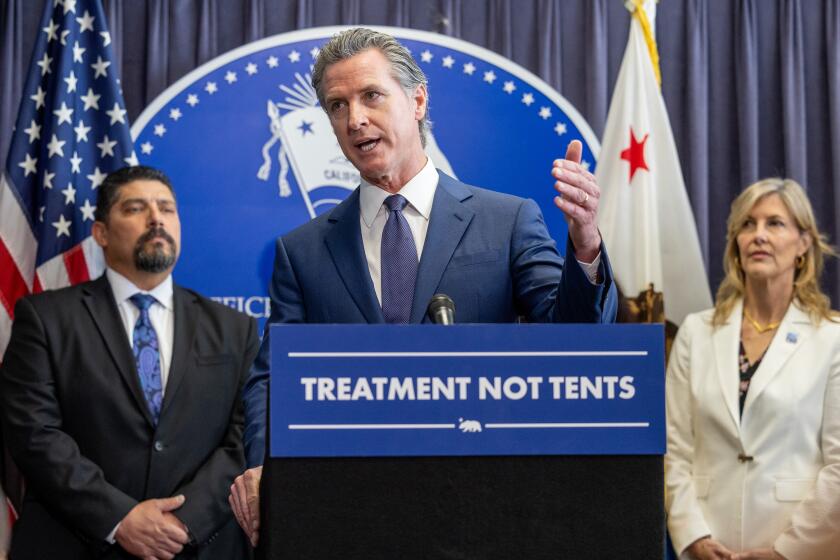Fact Check: Romney says it’s illegal to have automatic weapons
WASHINGTON -- In an answer to a question during Tuesday night’s presidential debate about assault weapons, Mitt Romney said, “we of course don’t want to have automatic weapons, and that’s already illegal in this country to have automatic weapons.”
Fully automatic weapons -- guns that fire continuously when the trigger is held down -- are legal to possess in the United States but are tightly regulated.
The National Firearms Act of 1934, the Gun Control Act of 1968 and the Hughes Amendment in 1986 have all placed limits on how automatic guns can be bought and sold, but did not make it illegal to possess them entirely.
Purchasing one requires submitting fingerprints and photographs to the Bureau of Alcohol, Tobacco, Firearms and Explosives, going through an FBI criminal background check, and paying a $200 tax, among other requirements. Only automatic weapons manufactured and registered with the federal government before 1986 can be bought, owned and sold.
In his debate with President Obama, Romney said he doesn’t want to see tighter restrictions put in place on guns. “I’m not in favor of new pieces of legislation on guns,” he said. “What I believe is we have to do, as the president mentioned towards the end of his remarks there, which is to make enormous efforts to enforce the gun laws that we have and to change the culture of violence we have.”
In 2004, as the governor of Massachusetts, Romney signed into law a ban on the sale of some assault weapons in the state.
Obama administration officials have called for a renewal of the Federal Assault Weapons Ban, which was signed into law by President Bill Clinton in 1994 and expired in 2004. That law banned the manufacture of assault-style semi-automatic weapons (guns that automatically reload, but fire only once when the trigger is depressed) as well as high-capacity ammunition magazines. It did not ban the sale or possession of such guns already owned by the public when the law was passed.
Follow Politics Now on Twitter and Facebook
Twitter: @ByBrianBennett
More to Read
Get the L.A. Times Politics newsletter
Deeply reported insights into legislation, politics and policy from Sacramento, Washington and beyond. In your inbox three times per week.
You may occasionally receive promotional content from the Los Angeles Times.







